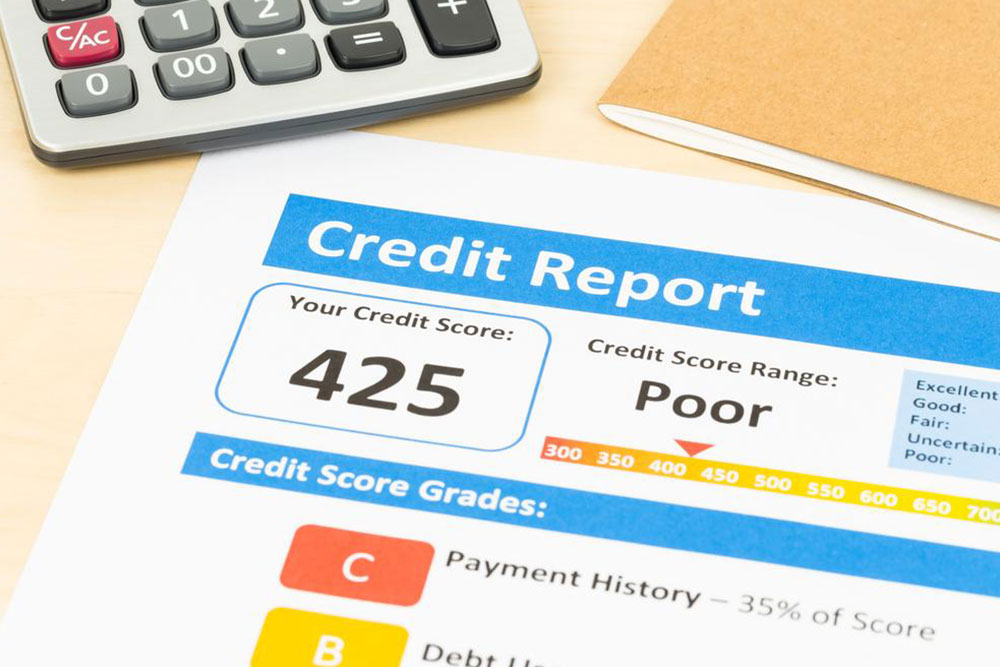Comprehensive Guide to Financial Support and Loan Options for Job Seekers
This comprehensive guide explores various financial support options for unemployed individuals, including government benefits, loans, and alternative financing methods. It provides detailed insights on how to access quick cash solutions, leverage assets, and make informed decisions during unemployment. By understanding these options, job seekers can better manage their finances, reduce stress, and ensure stability until they find new employment opportunities. The article emphasizes careful evaluation of each method's benefits and risks to choose the best financial strategy for individual circumstances.

Financial Assistance Strategies for Unemployed Individuals
Experiencing a job loss can be overwhelming, especially when it jeopardizes your financial stability. However, there are various avenues of support and financial solutions designed to help unemployed individuals navigate this challenging period. Understanding these options can provide relief and help you manage your expenses more effectively during unemployment. From government benefits to private loans, knowing your choices enables you to make informed decisions that align with your financial situation and long-term stability.
One of the first steps to securing financial support after job loss involves applying for government unemployment benefits. These benefits are typically designed to replace a portion of your lost income and are contingent upon your previous employment history, work contributions, and adherence to specific eligibility criteria set by state authorities. Eligibility varies widely across regions, so it’s essential to consult your local unemployment office or official websites to understand the application process and requirements.
In addition to government programs, unemployment loans can provide quick financial assistance. These loans are often accessible through banks, credit institutions, or specialized lenders and can be processed faster than waiting for benefit approvals. However, it’s important to remember that these loans usually come with interest, which increases the total repayment amount. Therefore, assessing your repayment capacity before borrowing is crucial to avoid further financial strain.
Beyond formal government and bank loans, there are other supportive options that you might consider, including borrowing from family and friends. This informal support can often come with more flexible repayment terms and lower or no interest. When opting for borrowing from trusted acquaintances, clear communication and official agreements can help prevent misunderstandings.
Another quick option is utilizing credit cards for cash advances. While this approach provides immediate cash, it often involves high-interest rates and fees, making it a suitable emergency measure rather than a sustainable long-term solution. Always review the terms carefully before opting for this route.
If you own property, leveraging home equity can be a viable financial strategy. Borrowing against your home’s value, often through home equity loans or lines of credit, may offer lower interest rates compared to unsecured loans. These options are particularly suitable if you have consistent income sources like unemployment benefits, which can help ensure timely repayments while providing access to needed funds.
Similarly, policies permitting, taking out a loan against your life insurance policy could also be an option. Some life insurance policies allow for loans, which can be used to cover immediate expenses without surrendering the policy. The amount you can borrow typically depends on your policy's cash value and terms.
Securing a loan with a co-signer—an individual with good credit who agrees to share responsibility for repayment—can also enhance your chances of approval and potentially secure more favorable borrowing conditions. This approach reduces the lender’s risk and can help you access funds when needed most.
For those with a vehicle, car title loans present another quick cash solution. Using your car’s title as collateral, you may receive a loan based on the vehicle's value. Be cautious, as failure to repay could result in losing your vehicle, and interest rates can be high.
Debt consolidation loans can help manage multiple debts by combining them into a single loan with a lower interest rate. This strategy simplifies your finances and might reduce your monthly payments, easing your financial burden during unemployment.
Pawnbroking involves pledging valuables such as jewelry, electronics, or collectibles in exchange for a loan. Valuables are appraised to determine the loan amount. If you repay the loan within the agreed term, you reclaim your items; otherwise, they are sold. Pawnbroking offers quick cash with no impact on your credit score but should be used judiciously.
Lastly, payday loans are short-term solutions designed to be repaid by your next paycheck. These are generally suitable if you have a stable income source like salary, disability benefits, or regular alimony. However, due to their high-interest rates and fees, they should be considered carefully and used only when other options are unavailable.
Overall, navigating unemployment requires a comprehensive understanding of available financial options. Carefully assessing your needs, repayment ability, and the implications of each loan type will help you choose the most suitable solution. Proper planning now can help preserve financial stability and reduce stress during challenging times.





